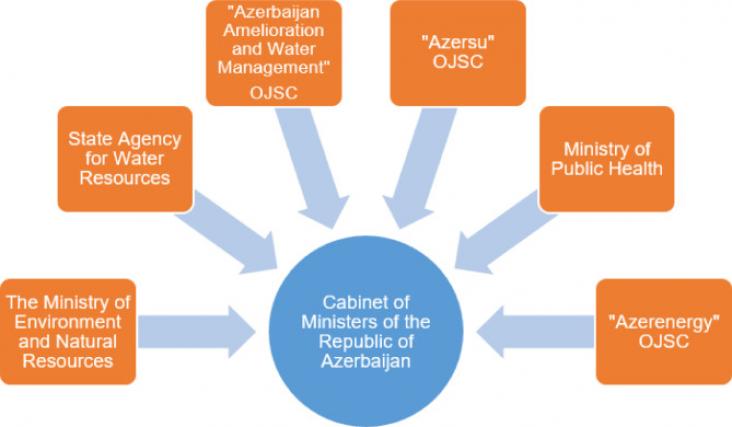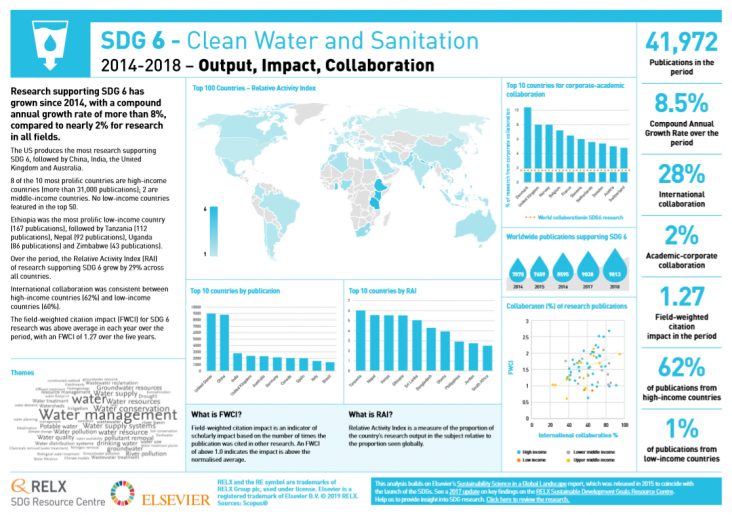
The cost-effectiveness and reliability of waste collection services in informal settlements can be difficult to optimize given the geospatial and temporal variability of latrine use.

Mercury contamination in soil, water and air is associated with potential toxicity to humans and ecosystems.

In this paper, the objective is to analyze the water management in Azerbaijan to ensure the country's water safety by improving the efficiency of water management and consumption.
This book chapter advances SDG 3 and 6 by discussing decontamination of water supply and prevention/treatment of waterborne microorganism transmission in healthcare settings.

The #SDGBookClub helps children learn about the Sustainable Development Goals. The book club presents a selection of books for children aged 5-12 on each of the goals. Check out the books that have been selected in support of Goal 6 - Clean Water and Sanitation.
This study empirically examines the effects of school toilet provision on the primary-school attendance rate in Kenya.
Elsevier,
Contaminants of Emerging Concern in Water and Wastewater Advanced Treatment Processes, 2020, Pages 139-176
This book chapter advances SDG 3 and 6 by presenting state-of-the-art design and use of adsorbents, membranes, and UV/oxidation processes, along with the challenges that will need to be addressed to close the gap between development and implementation in water/wastewater treatment applications.
This study supports SDGs 3 and 6 by identifying passive chlorination at the point of collection as an effective and scalable strategy for reducing diarrhoea in children and improving access to safe and affordable drinking water in a low-income urban setting.
This study supports SDG 1, 3, and 6 and by assessing socioeconomic determinants of leprosy risk in over 33 milion Brazilian individuals and providing a robust assessment of the contribution of deprivation to the risk of leprosy, which is classified as a rare disease.

The latest analysis of SDG-supporting research focusses on SDG 6: Clean Water and Sanitation. This graphic shows key metrics for research into clean water and sanitation.
